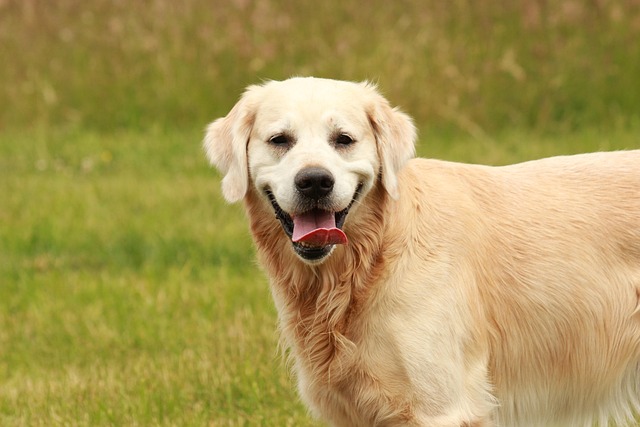
How do i train my dog to be obedient?
Watching your dog dart across the park ignoring your calls isn’t just frustrating—it can put them at risk near busy streets or public spaces.
If you’re mopping up a puddle from your newly neutered dog who you thought was fully house-trained, you’re not alone. It’s one of the most common concerns vets hear from frustrated owners. So, to answer your question directly: yes, it is completely normal for dogs to experience a temporary regression in potty training after neutering. This isn't a behavioral failure or a sign of spite; it's a physiological response to a significant medical event. The anesthesia and pain medications administered during surgery are the primary culprits. These drugs can slow down your dog’s digestive system, disrupt their normal bladder signals, and generally make them feel "out of it," reducing their ability to control their urges or even recognize the need to go. Additionally, the soreness around the incision site can make it uncomfortable for them to assume their usual potty position or hold it for extended periods.
Your response during this time is crucial for a smooth recovery. The first and most important step is to maintain open communication with your veterinarian. While some accidents are expected, it’s vital to rule out a post-surgical complication like a urinary tract infection, which can present with similar symptoms. This proactive approach to your dog’s health is a key part of your responsibility as an owner. It’s also a perfect time to double-check that your dog’s other essentials are in order, like ensuring their rabies vaccination is current—a legal requirement in all 50 states. When you take your recovering dog for those frequent, short potty breaks, remember that your obligation to clean up after them is unwavering. Carrying poop bags and scooping immediately is not just good manners; it’s the law in most American cities and a fundamental sign of respect for your neighbors and local environment.

Patience and positive reinforcement are your most powerful tools here. You’ll need to temporarily revert to a Puppy Kindergarten schedule. This means leashed trips outside every couple of hours, especially after they wake up, eat, or drink. When they do succeed outdoors, reward them with lavish praise and a high-value treat to reinforce the behavior. Using a crate or a confined, easy-to-clean area when you can’t actively supervise is a lifesaver, as it prevents accidents and helps rebuild their habit of holding it. It is absolutely essential to avoid any form of punishment or scolding. This force-free method is the modern standard for a reason; yelling or rubbing their nose in it will only heighten their stress, potentially creating long-term anxiety around pottying and severely damaging your bond during a time they need reassurance.
For those living in apartments, this temporary regression requires extra diligence. Accidents on shared hallway carpets can lead to odors and neighbor complaints. Be proactive: clean any indoor mishaps immediately with an enzymatic cleaner to eliminate the scent entirely and prevent remarking. You might even lay down temporary washable pee pads near the door as a precaution. Understanding that this is a short-term medical setback allows you to respond with compassion. By combining veterinary guidance, gentle retraining, and a steadfast commitment to your community’s rules, you’ll navigate this brief phase smoothly and help your best friend get back on track.

Watching your dog dart across the park ignoring your calls isn’t just frustrating—it can put them at risk near busy streets or public spaces.

New puppy owners often find themselves rushing to clean up accidents before they set in, and that’s where puppy pad training becomes a game-changer.

If you've noticed your dog's waistline disappearing and your veterinarian has mentioned those few extra pounds, your first instinct might be to simply reduce the amount of food in their bowl.

Training a dog to use a designated spot indoors isn’t as daunting as many new owners fear, but it does take consistency and an understanding of your pet’s needs.

That moment of dread on a walk is all too familiar for many new dog owners. You see another dog approaching down the sidewalk of your neighborhood

If the sight of another dog on your neighborhood walk makes your heart sink as your own dog erupts into a frenzy of barking and lunging, you're not alone.